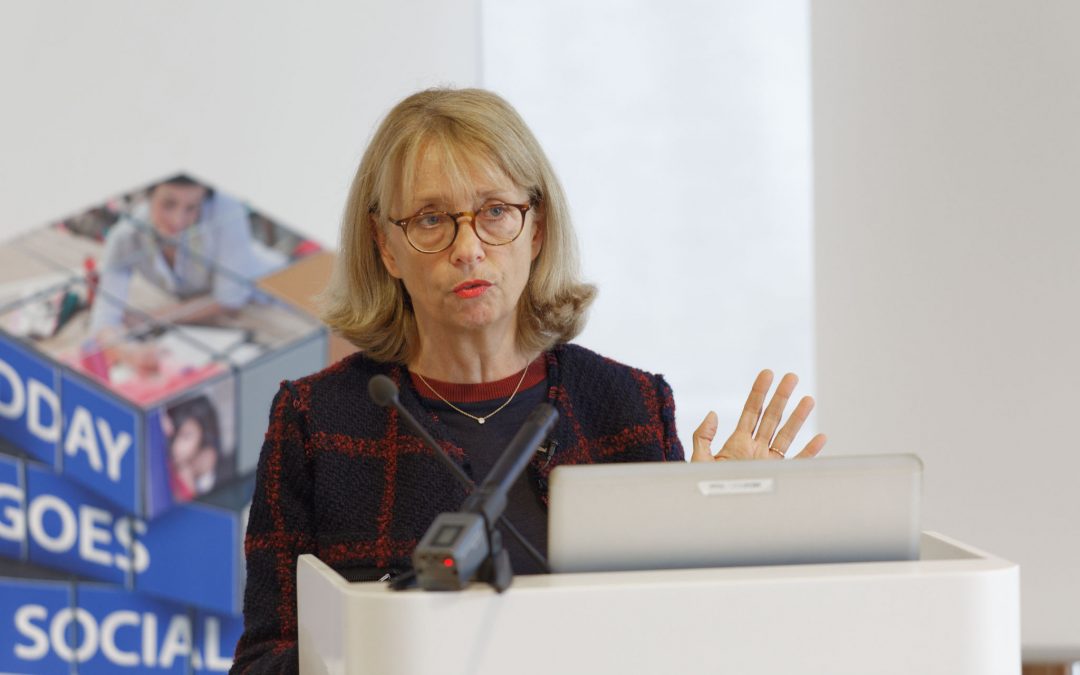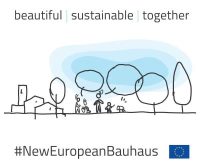Economic indicators do not capture the entire picture of inequality, said Martine Durand, Chief Statistician and Director, OECD, at a seminar organised jointly by the EIB Institute, the University of Luxembourg and other partners as part of the “Inequality and…” series.
Following the 2008 financial crisis, the OECD started collecting indicators for well-being and has been publishing them yearly since 2011 under the title “How’s life?”
In some aspects of life, the average OECD resident is better off, she said, but progress has often been slow, unevenly distributed across countries and in some areas, well-being is falling behind. This has contributed to creating a distance between people and the public institutions that serve them, she added, as only one in three people in the OECD feel that they have a say in what the government does.
Click here for the presentation





